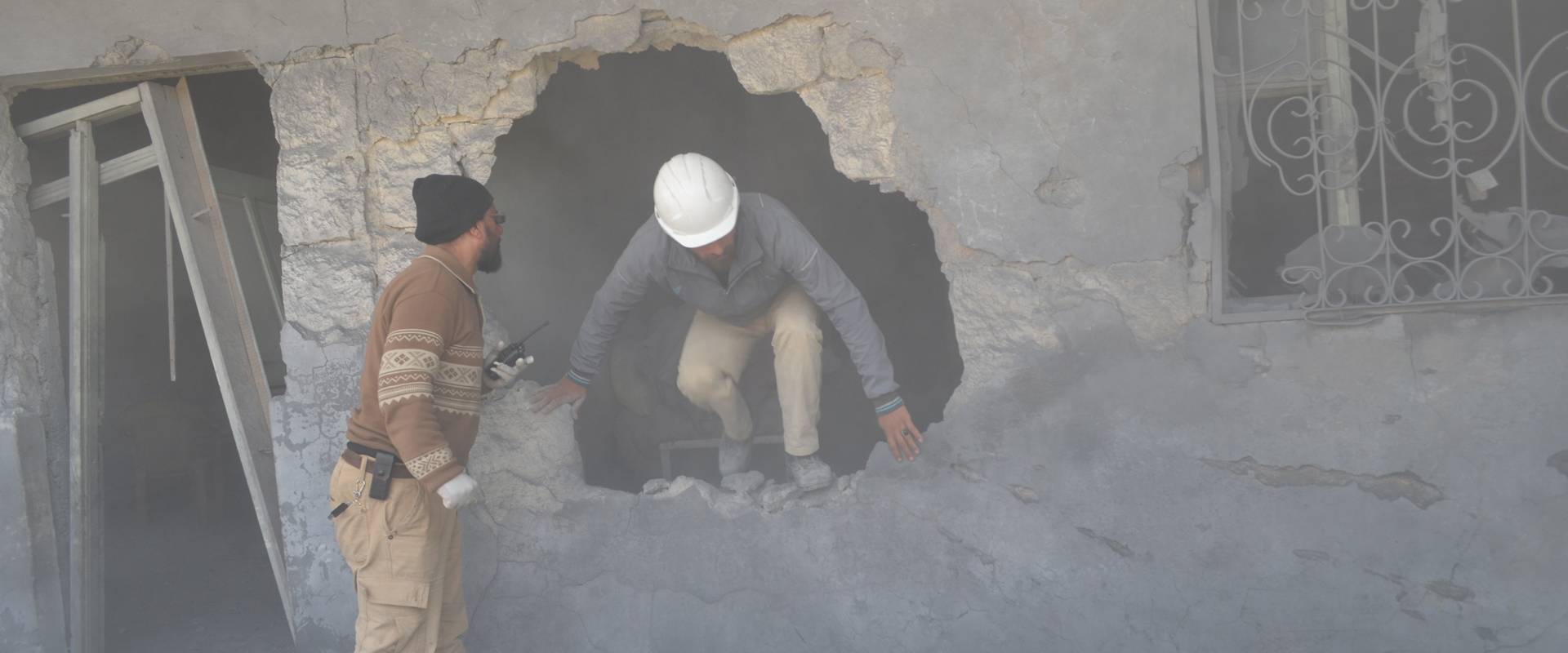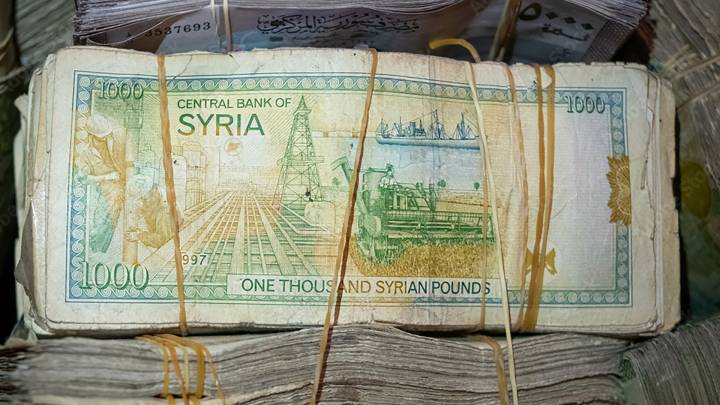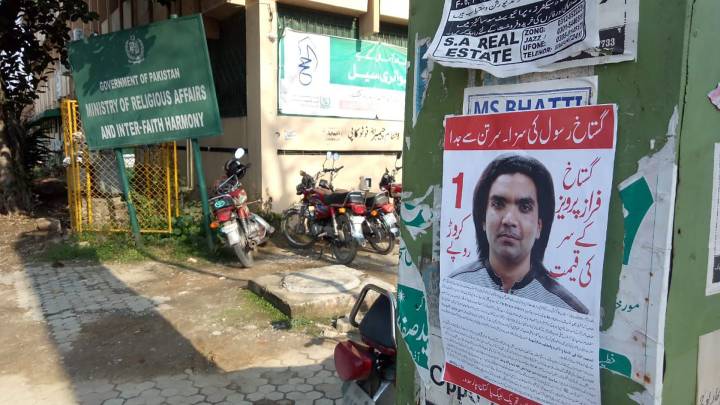As the situation in Aleppo descends deeper into darkness, Sam Alrefaie honours the astonishing bravery of the White Helmets volunteer group – a front-line rescue force amidst the rubble and ruin.
Over the last five years in Syria, stories about a civil organisation called the White Helmets have created near-myths of superhero proportions. While the group might not actually have supernatural powers, they nevertheless have displayed inspirational courage, the kind you’d expect from only the toughest, bravest superheroes of comic book fame. Officially known as the Syria Civil Defence, they take their name from their distinctive safety helmets.
This is what they do. Immediately following an airstrike, they rush into neighbourhoods that have been smashed with barrel bombs and missiles. They know it’s still dangerous. They know there could be follow-up raids any minute. But they have one goal to achieve. They follow the Quranic maxim “If anyone saved a life, it would be as if he saved the life of all mankind”.
It’s that simple. There is no political or military agenda. There are no hidden interests. This organisation exists to try and save lives in perhaps the most dangerous place in the world.
According to statistics from the organisation, in saving over 78,000 people since 2012 the White Helmets have lost over 130 volunteers. Many others have been injured or permanently maimed.
The volunteer organisation emerged from crisis response units in late 2012, working to defend civil territories in the beleaguered cities of Duma, Al-Bab and Aleppo. Working with meagre resources, few volunteers had any sort of experience of search and rescue work. They were not prepared for the sheer scale of devastation that would be wreaked upon the civilians of these cities, Aleppo in particular. The chief of Aleppo’s White Helmets, Ammar al-Salmo, summarised the situation in the city thus: “To be able to understand accurately the damage, the threat and the devastation of the catastrophe in Syria, we need to imagine a 7.6 Richter magnitude earthquake happening 50 times a day.”
They wear uniforms – beige or navy blue overalls – and they’re easily recognised by their trademark white helmets. Spending days and nights on standby, they wait for the next bombardment to hit. When the bombs stop, their work starts. The White Helmets comb the rubble and carry out desperate searches for survivors of the latest attack, tracking down the faintest glimmers of life and hope amidst the horrific destruction.
The White Helmets were nominated for the Nobel Peace Prize this year. Who would argue against their worthiness?
Some do. Certain voices say they were receiving funding from American donations – therefore they should not be awarded such prizes. But even though they didn’t win the Nobel, the nomination gained the group massive exposure and support worldwide. And they did win the Right Livelihood Award, known as the ‘Alternative Nobel Prize’, in September this year for “outstanding bravery, compassion and humanitarian engagement in rescuing civilians”.
The White Helmets is a group of roughly 3,000 volunteers, everyday people – tailors, construction workers and pharmacists, firefighters and teachers –united by an urge to help and rescue, regardless of the victim’s background. This credo is summed up by one volunteer: “When I want to save someone’s life, I don’t care if he’s an enemy or a friend. What concerns me is the soul that might die.”
Today the White Helmets in Aleppo are facing obliteration, as the Syrian and Russian air forces have been pummelling the group’s infrastructure systematically. And while this is going on, the few square kilometres of rebel-held area in the city are facing the fiercest military attack by the regime and its allies to date, making it impossible for humanitarian workers to do their job. In a recent tweet, a White Helmets volunteer said, “There is no count of casualties today, the dead bodies are all over the place”, describing the area simply as “hell”.
For me and many of my fellow Syrians, the White Helmets are the only light in the darkness of the Syrian crisis. Their existence points to a fundamental humanity, an affirmation that in the harshest of situations, we can still do something to help. We are still human. And when all appears lost, the White Helmets have helped not only those they’ve pulled from the wreckage, but those of us around the world too – they have helped us to keep believing in the nation and people we love so much.
Today, it’s imperative that they receive as much support as possible. We need to stand by them in these dark days and help, however possible. Groups like the White Helmets remind us to care for each other – a message that goes beyond the horrific situation of Syria, that should resonate with everyone, everywhere.




